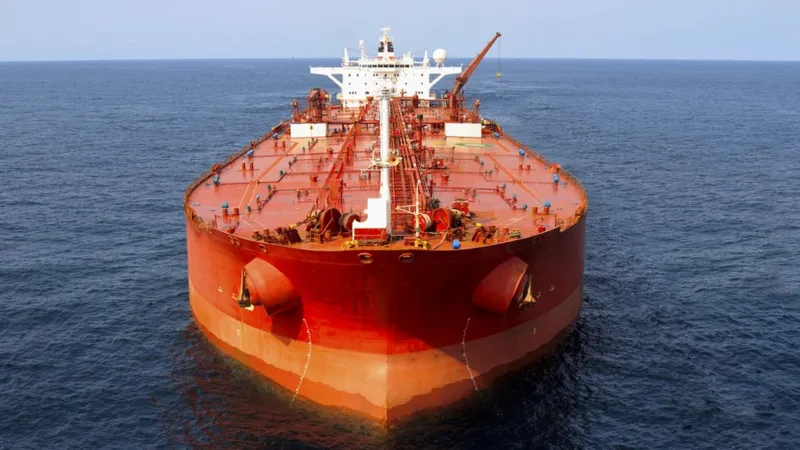Brent Crude, a key benchmark for oil prices internationally, was lower, but still trading for around $90 a barrel. Prices had already risen in expectation of action by Iran, with Brent Crude nearing a six-month high last week. Analysts said the markets would be looking to see how the conflict could affect global supply chains.
Oil price fluctuations can cause ripple effects across the world due to many countries’ reliance on oil products which are used to produce fuels such as gasoline and diesel. Fuel and energy costs have been a major cause of the increased price of living seen around the world.
When Russia invaded Ukraine in early 2022, oil prices had soared to $120 a barrel over fears about the supply chain as Western countries had imposed sanctions on Russia. Russia was one of the world’s largest exporters of oil. The jump led to both higher prices at the gas station and higher prices for countless other goods as companies raised prices to compensate for the increased fuel costs.
Analysts said Israel’s reaction to the attacks would be key to determining the costs for global markets in the days and weeks ahead.
Israeli Defence Minister Yoac Gallant has said the confrontation with Iran is “not over yet.”
His comments came after Iran launched drones and missiles toward Israel over the weekend in retaliation for an attack on its consulate in Damascus, Syria on the 1st of April. Israel has said it did not carry out the consulate strike but is widely believed to have been behind it.
At the end of last week, the price of Brent crude touched $92.18 a barrel, the highest since October, but on Monday it fell back to around $89.50. The price of gold, often seen as a safe investment at times of uncertainty, also dropped after hitting a record high of $2,431.29 an ounce on Friday, gold fell back to 2,332.97 on Monday.
According to the US Energy Information Administration, Iran is the seventh-largest oil producer in the world and the third-largest member of the OPEC oil producers’ cartel.
Analysts say that a key issue for the oil price going forward is whether shipping through the Strait of Hormuz will be affected. The Strait, between Oman and Iran, is a crucial shipping route as about 20% of the world’s total oil supply passes through it.
OPEC members Saudi Arabia, Iran, the UAE, Kuwait, and Iraq send most of the oil they export through the Strait.
On Saturday, Iran seized a commercial ship with links to Israel as it passed through the Strait of Hormuz.










































